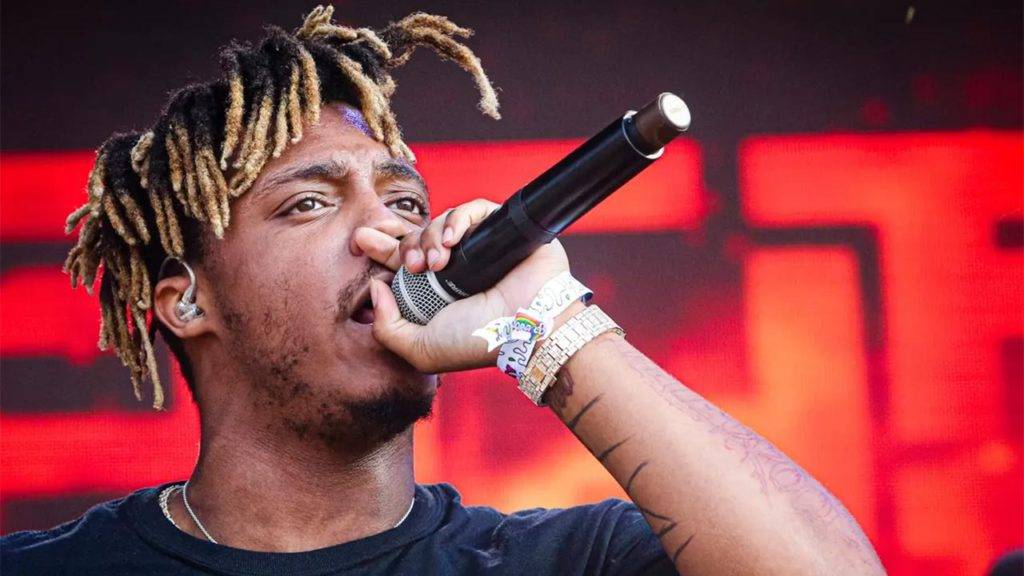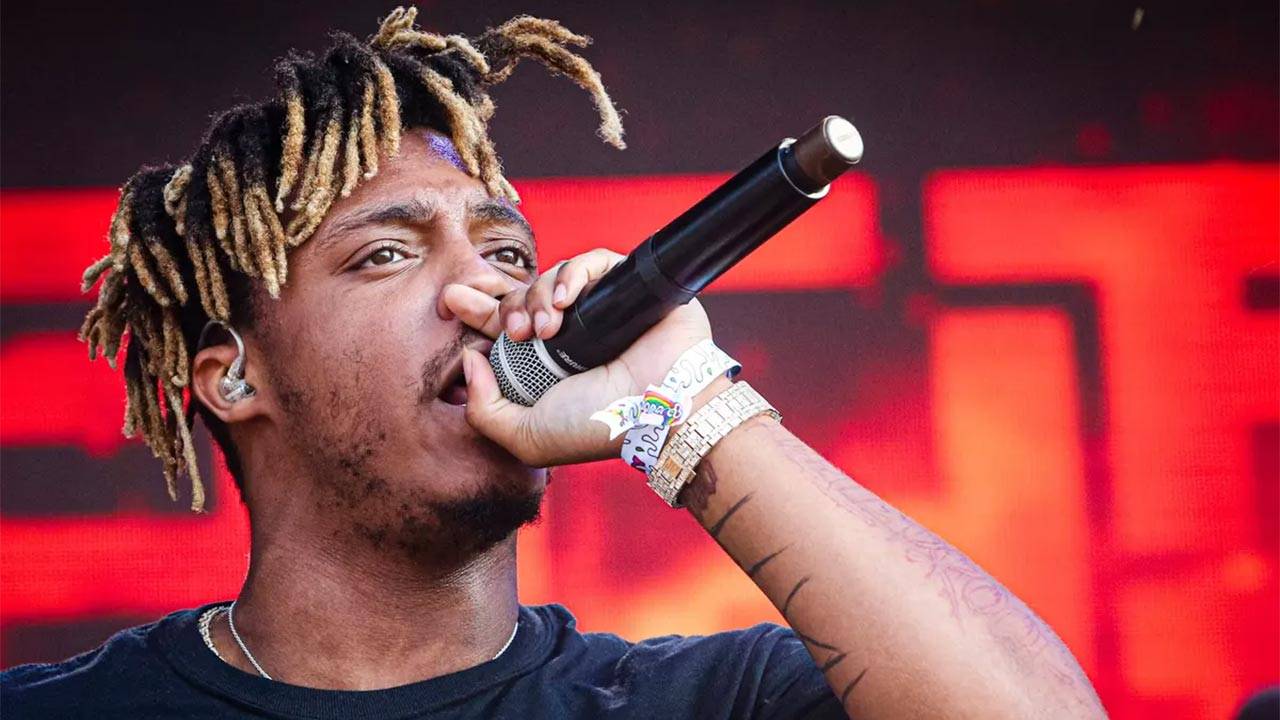Juice Wrld Death : In today’s music industry, we have seen numerous young and talented musicians rise to fame, only to be tragically cut short. One such artist was Juice Wrld, a rapper, singer, and songwriter whose music touched on themes of heartbreak, mental health, and drug use.
Unfortunately, Juice Wrld died at the age of 21, leaving behind a legacy that continues to inspire and touch many lives. In this article, we will take a closer look at Juice Wrld’s life, his struggles, and his untimely death.

Table :
| Name: | Jarad Anthony Higgins (Juice Wrld) |
|---|---|
| Birth | December 2, 1998 |
| Occupation | Rapper, singer, and songwriter |
| Death | December 8, 2019 |
| Cause of Death | Accidental overdose of oxycodone and codeine |
Juice Wrld Death: How Did Juice Wrld Die?
Juice Wrld was an American rapper, singer, and songwriter, whose real name was Jarad Anthony Higgins. He rose to fame with his debut album “Goodbye & Good Riddance” in 2018, which included the hit song “Lucid Dreams.” However, his sudden death on December 8, 2019, at the age of 21, left his fans and the music industry in shock. Here’s a look at how Juice Wrld died.
The Cause of Death:
According to reports, Juice Wrld suffered a seizure after landing at Chicago’s Midway International Airport from a flight from Los Angeles. He was rushed to a nearby hospital but was pronounced dead shortly afterward. The Cook County Medical Examiner’s Office later confirmed that he died of an accidental overdose of oxycodone and codeine. The autopsy also revealed that he had several drugs, including marijuana, in his system.
Drug Addiction:
Juice Wrld had been open about his struggles with drug addiction and mental health issues. He often rapped about his drug use in his songs and spoke candidly about his struggles with anxiety and depression. His fans were aware of his battles and had expressed concern about his well-being on social media. He had also been vocal about his desire to quit drug use and had promised to seek help.
Legacy:
Juice Wrld’s death sent shockwaves throughout the music industry, with many fans and artists paying tribute to him. His music touched on themes such as heartbreak, mental health, and drug use, resonating with a generation of young people. His legacy continues to inspire fans, and his posthumous album “Legends Never Die” released in 2020, debuted at No. 1 on the Billboard 200 chart.
Controversies:
Juice Wrld’s death sparked some controversies, with some people blaming the music industry for his drug addiction. There were also rumors that he had taken drugs to avoid getting caught with them by the police. However, his family denied these rumors and urged fans to focus on his music and legacy instead of speculations.
Conclusion:
Juice Wrld’s death was a tragic loss for the music industry and his fans worldwide. His legacy lives on through his music, which continues to resonate with many people. His death also highlighted the dangers of drug addiction and the need to address mental health issues among young people. While his death was a shock, his music and message continue to inspire and touch many lives.
Frequently Asked Questions (FAQ’s) :
Q1. Was Juice Wrld’s death caused by drug overdose?
Yes, Juice Wrld died of an accidental overdose of oxycodone and codeine.
Q2. Did Juice Wrld have a history of drug addiction?
Yes, Juice Wrld had been open about his struggles with drug addiction and mental health issues.
Q3. How did Juice Wrld’s death impact the music industry?
Juice Wrld’s death sent shockwaves throughout the music industry, with many fans and artists paying tribute to him.
Q4. What was Juice Wrld’s posthumous album called?
Juice Wrld’s posthumous album is called “Legends Never Die,” which debuted at No. 1 on the Billboard 200 chart.
Q5. What is Juice Wrld’s legacy?
Juice Wrld’s legacy continues to inspire fans, with his music touching on themes such as heartbreak, mental health, and drug use, resonating with a generation of young people.






